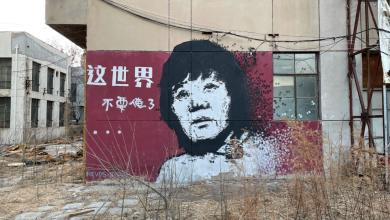Urvashi Butalia: A Writer, A Fighter, A Feminist
In the wake of ever-growing rape and sexual-assault reports trickling out of India (the latest of which was reported Friday morning), the plight of gender discrimination and human rights has taken a bumpy turn for the worst.
Amidst the unacknowledged and unpunished violence and the violated temples of these blameless women, however, stands Urvashi Butalia.
An author, a historian, and a publisher, Urvashi is also a feminist. In 1984, she set up the first feminist publishing house in India, called Kali for Women, currently operating as Zubaan Books, an imprint. While publishing a lengthy list of topics, Zubaan’s (which literally means tongue, utilized as language) focus remains on gender conflicts and issues, namely gender and sexuality, gender and law, and gender and history.Their main objective is to expand the body of knowledge available to women regarding such issues and shed light on the predicament of being a woman in India and the Third World.
In addition to publishing, Urvashi has also authored her own books, the most recognized of which is The Other Side of Silence: Voices from the Partition of India. This book deals with the thousands of women and children who were killed during and as an aftermath of the 1947 partition, out of which came the nations of India and Pakistan. For those of you who (like me) have no idea what “partition” means, it is the rebordering of countries mainly for political reasons. While allegedly done diplomatically, such restructurings always end in bloodshed and lost lives, resulting in stories that often go untold and undetected.
Urvashi, having come from a family of partition refugees, took on the task of finding out about these lost lives, doing a decade-long research into topics that the history textbooks conveniently decided to overlook. Numerous women were tortured, assaulted and raped, attempts to devalue or taint the nation ands it collective spirit.
In The Other Side of Silence, Urvashi recounts the stories of the victims in first-person narratives, telling the tale of the little people: the ghostly women and children who were sacrificed so the men at the top of the food chain could retain power and a Wikipedia page (you can read an excerpt here).
Although such senseless battles are easily condemned, they’re much more difficult to control and are barely done so; however, with women like Urvashi and countless others who fight against oppression and victimization on a daily basis, the future of India and the Indian woman seems a little brighter.
Additionally, with increased acknowledgment from the government – Urvashi was awarded the Padma Shri civilian award for her work and contribution to the nation – these brutally bold and beautiful women continue to dent and crack the rotten and rooted patriarchy that rules their lives and controls their surroundings.




